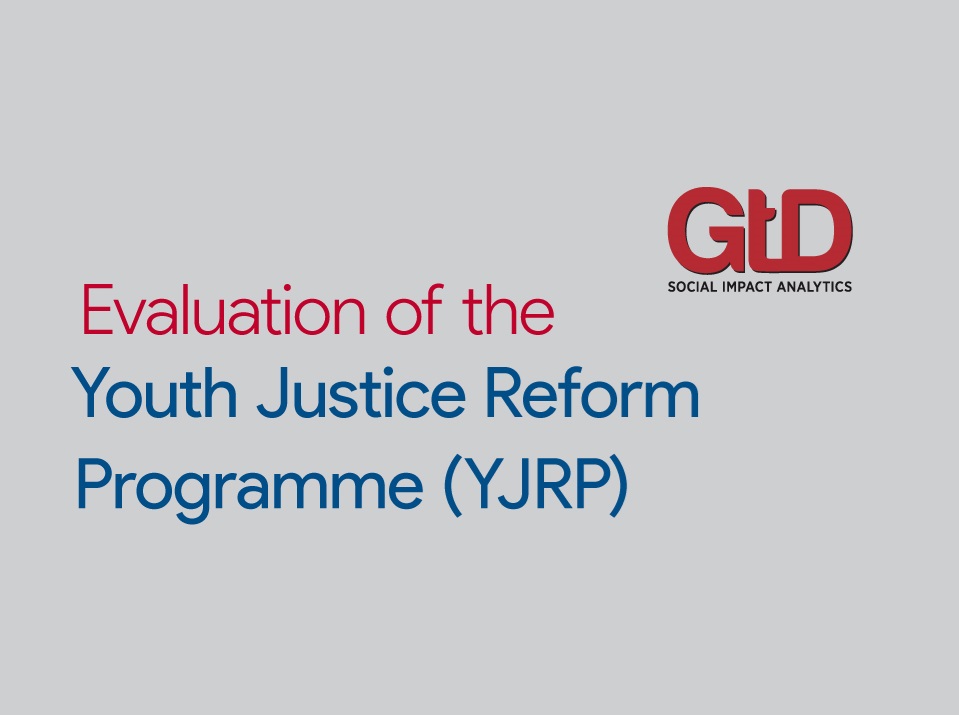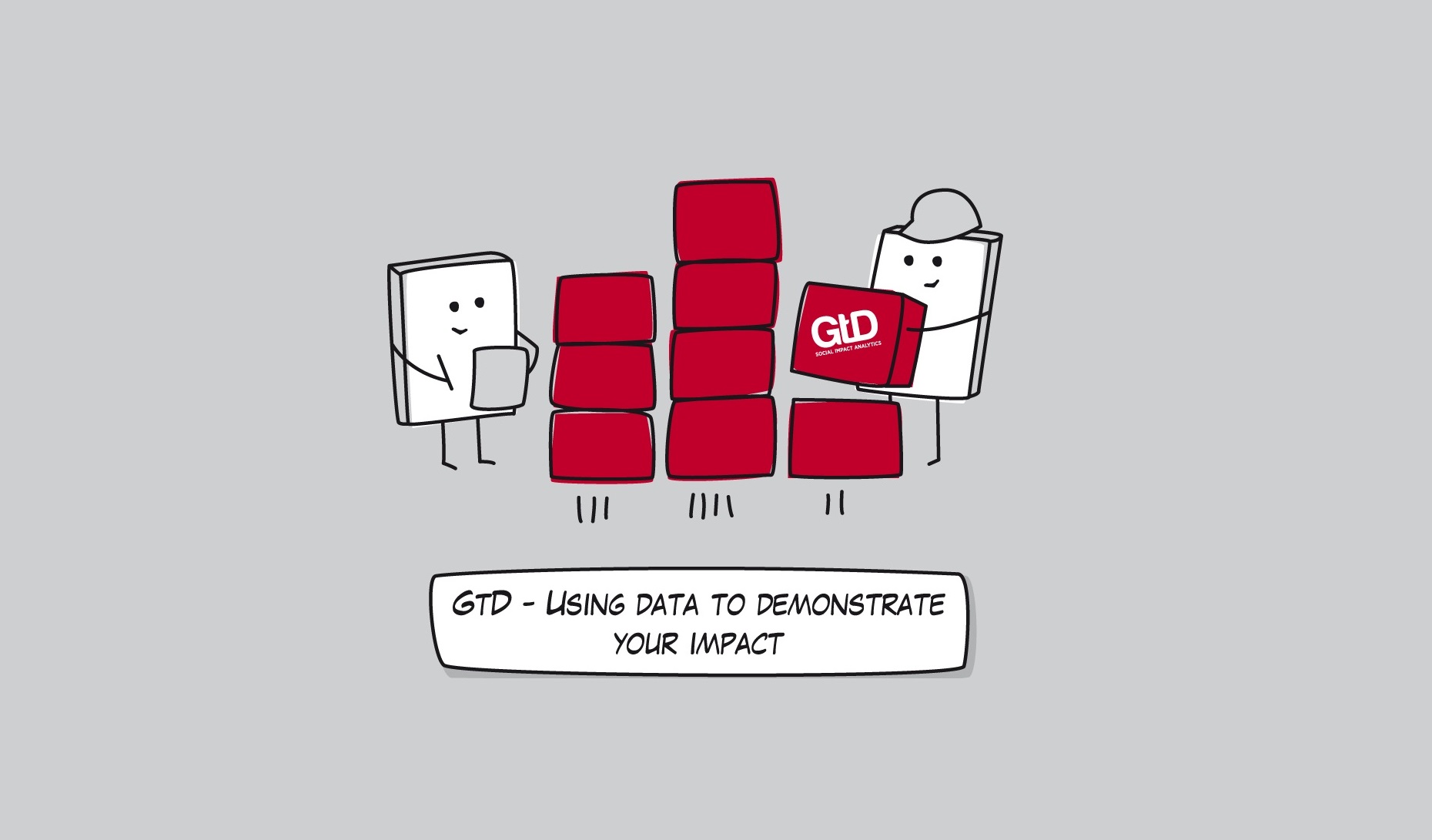Youth Justice Action Month: A Transatlantic Connection to Positive Change
October is Youth Justice Action Month (YJAM) in the U.S., an invigorating four weeks for advocates of juvenile justice reform. Given my own contributions to youth justice reform in both the Georgia and England, I have been following the discussions from across the Pond with much interest.
While the pulse of the YJAM’s activities beats strongly across the US, it’s hard not to feel that pulse resounding here in England. For the past six years, GtD’s London team and I have been intimately involved in the delivery of our social impact analysis in Georgia. It has been an honour to work with a range of governmental and non-profit organisations who work tirelessly to support vulnerable children and young people. The overarching objectives of all these projects is to provide support that will allow young people in Georgia to flourish rather than to flounder.
Our contribution from London has been to demonstrate the success of that work and how it can be developed. Since 2016, we have worked with a range of committed organizations, including the IRC Atlanta’s Connect to Success resettlement program, Fulton County’s Second Chance Initiative, Georgia Appleseed’s FAIR program, and Georgia Primary Care Association’s Connecting Kids to Coverage program. While we contribute our expert analysis from London, what is truly striking is the similarity of concerns and ambitions between the two countries when it comes to youth justice.
In light of YJAM. and to contribute to the discussion, I’d like to spotlight GtD’s evaluation of the Youth Justice Board’s Asset Plus assessment tool here in England. This isn’t just another assessment tool. Asset Plus is a new approach to understanding the individual needs of each young person, enabling a tailored action plan. It is about acknowledging that behind every ‘case’ is a young individual with their own hopes and potential, with a chance to alter the course of their life. You can read more about the Asset Plus tool here.
When used right, assessment tools such as Asset Plus can be game changers. They not only lay the foundation for a young individual’s successful desistence from offending but are they contribute to support young people to become valuable, positive contributors to their communities. It’s a reminder that with the right resources and understanding, young people can, and often do, turn their lives around.
For anyone keen to understand how GtD’s social impact analytics can be applied to youth justice, Alan and I are ready to share our insight and advice from both sides of the Atlantic. Our ambition is to bridge the transatlantic divide and support your work towards a more inclusive, understanding, and transformative youth justice system.
















